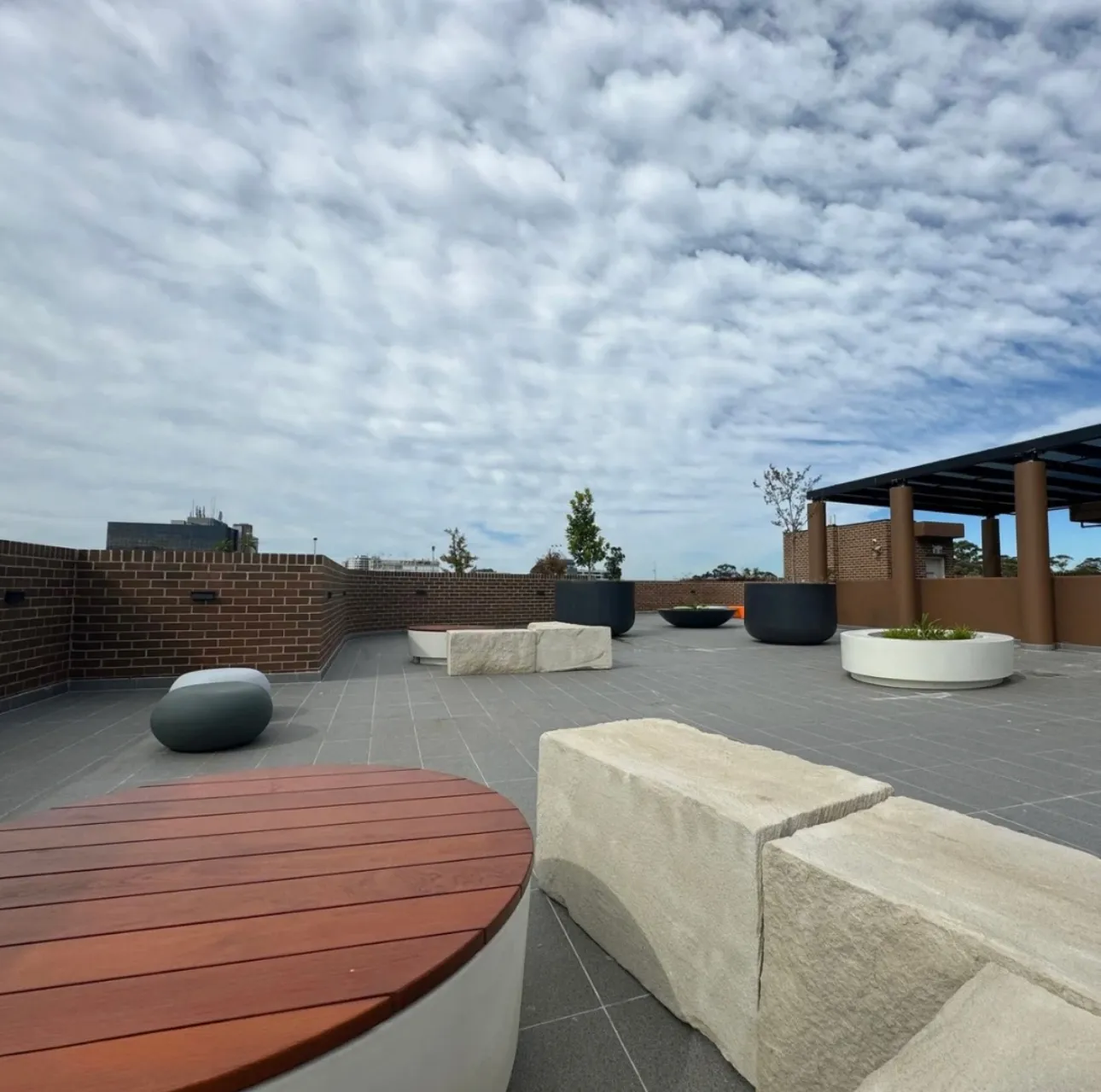Respite Care for People Living with Cerebral Palsy
At United For Care, we understand the unique needs of people living with Cerebral Palsy. Our empathetic respite care services in Sydney offer a safe, nurturing environment where your loved ones can flourish. We provide peace of mind and quality care tailored to each person's unique needs.
Respite Vacancies
Respite Care for People with Cerebral Palsy
Short Term Accommodation
The NDIS understands that everyone needs a break sometimes. Short Term Accommodation (STA), also known as respite, offers a temporary stay in a supported environment. This allows carers to take a well-deserved rest, while you enjoy a change of scenery and social interaction.
The Benefits of STA for People with Cerebral Palsy
- Respite care offers carers a chance to rest and recharge, enabling them to sustain their caring responsibilities long-term.
- For people with cerebral palsy, respite care is a chance to enjoy a new environment, meet new people, and enjoy activities they might not usually have access to.
Medium Term Accommodation (MTA)
Medium term accommodation is another option offered by the NDIS and is normally used by people with cerebral palsy to bridge the gap between temporary and permanent housing. The NDIS typically provides funded support for MTA stays lasting up to 90 days.
The Benefits of MTA for People with Cerebral Palsy
- MTA stays can provide a flexible solution during periods of change or adjustment.
- MTA provides a flexible solution while you search for your ideal long-term accommodation, which can be especially helpful if you require specific accessibility features in a permanent residence.
- Perhaps you're considering relocating to a new neighbourhood and want to check it out first. MTA allows you to temporarily live in a different area to see if it suits your needs and lifestyle preferences.
- If you’re transitioning from a hospital stay or rehabilitation program back into independent living. MTA offers a secure and supportive environment to adjust to a new routine and ensure a smooth return home.
Supported Independent Living (SIL) Accommodation
Imagine a vibrant shared home environment where you can live independently while receiving tailored support for daily living tasks. United for Care's Supported Independent Living (SIL) accommodation offers just that. Trained support workers assist with things like showering, dressing, meal preparation, and medication management. This allows you to focus on your goals, whether it's pursuing education, employment, or simply indulging in your favourite hobbies.
The Benefits of SIL for People with Cerebral Palsy
- SIL can be a fantastic option for people living with cerebral palsy who require assistance with specific tasks but also crave a sense of community and companionship.
- Support workers can be trained to your specific needs, ensuring you receive the right level of assistance for your mobility.
- If you have any personal goals or passions, your support workers can collaborate with you to make sure your SIL experience is as productive and rewarding as possible.
Accessing NDIS Accommodation
To access NDIS accommodation options like SIL or SDA, you’ll first need to have an NDIS plan. This plan outlines the supports funded by the NDIS and how they can be used. It's essential to discuss your housing needs during your NDIS planning meeting to ensure that accommodation is included in your plan.
Accommodation Considerations
When considering your accommodation options, consider the level of support needed, the proximity of the accommodation to family and local amenities, accessibility, and personal preferences about the type of environment you’ll eventually live in. The pricing for each accommodation type under the NDIS is regulated and varies depending on the support levels and location.
Who is eligible for NDIS accommodation funding?
Eligibility is determined by the NDIS based on your individual needs and goals as outlined in your NDIS plan.
The NDIS can provide support for accommodation if it helps you achieve your goals in your NDIS plan and your cerebral palsy affects your ability to live safely and independently. This might include things like:
- Difficulty with daily tasks like showering, dressing, or getting around the house.
- Needing help with mobility or transferring (e.g., from bed to wheelchair).
- Having special equipment needs that your current home can't meet.
How much does NDIS accommodation cost?
There is no set cost associated with NDIS accommodation. The funding you receive will depend on the type of accommodation, the level of support required, and the location you plan to live in.
What factors should I consider when choosing NDIS accommodation?
Think about your desired level of independence, support needs, location preferences, and accessibility requirements.
To help you make the right decision, here are some important considerations to factor in:
- Think about your independence goals: How much support do you need with daily living?
- Consider your specific needs: Do you need wider doorways, a roll-in shower, or assistive technology in the home?
- Location matters: Would you prefer to live near family, friends, or public transport.
Frequently Asked Questions














.webp)

.webp)

.webp)







.webp)

.webp)























.webp)

